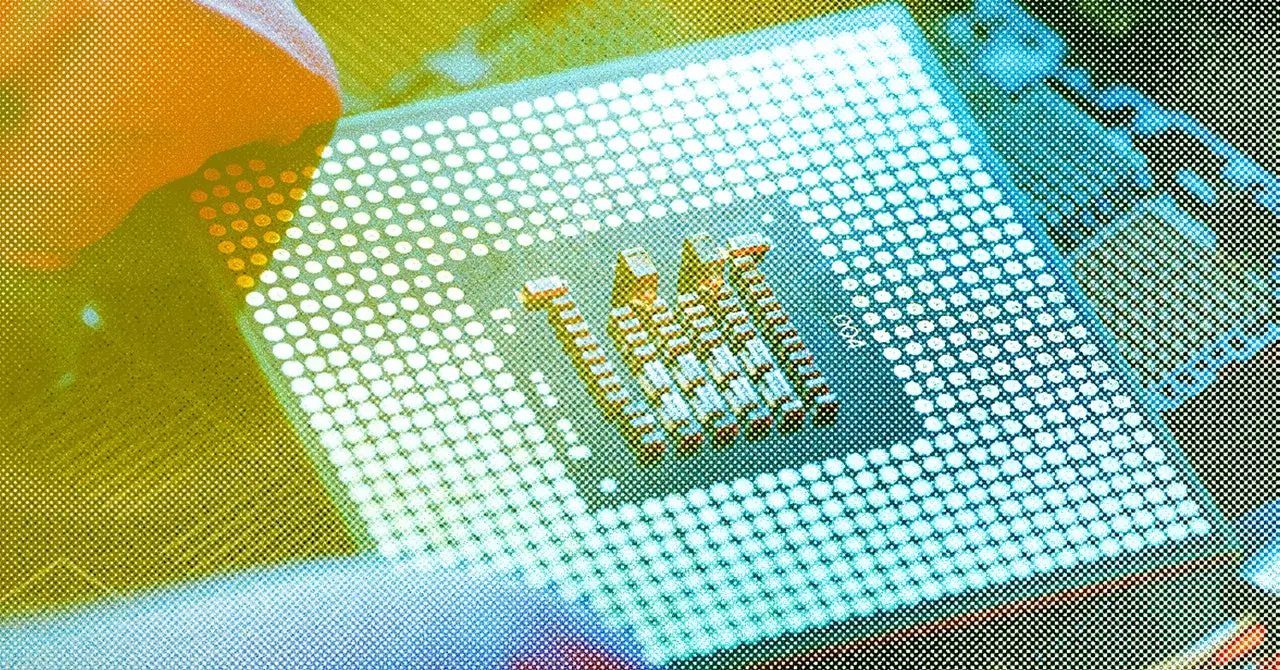In an age where technology thrives on personal data collection and analysis, the Oura Ring emerges as a leading contender in the realm of wearable health tech. Although it isn’t a new gadget, its rise to fame and the interest it piques—especially among enthusiasts—offer a unique perspective on the marriage of lifestyle and technology. Recently, conversations surrounding the Oura Ring have bubbled to the surface, igniting curiosity and envy among even the most discerning tech-savvy individuals. This article delves into the functionality and characteristics of the Oura Ring, exploring its impact on personal well-being and the societal implications of measuring one’s health in quantitative terms.
Sleep Tracking: The Silent Whisper of Health
A notable feature of the Oura Ring is its sleep tracking capabilities. For many, including those struggling with insomnia or disrupted sleep patterns, this aspect becomes a beacon of hope. Users report that the insights offered by the ring significantly illuminate their health status. As one user remarked, after receiving a stressful email, the Oura Ring immediately registered elevated stress levels within minutes. This ability to provide real-time feedback turns it into more than just a piece of jewelry; it acts as an astute observer of one’s body.
However, such quantification raises essential questions. Are we becoming overly reliant on gadgets to validate our bodily experiences? Most individuals can discern when they’ve had a poor night’s sleep without needing a device to confirm their feelings. Nonetheless, there exists a certain allure in seeing one’s physical condition laid out in cold, hard numbers. In an increasingly data-driven society, the Oura Ring represents both a tool for empowerment and a potential crutch that may lead individuals to seek validation from technology rather than their bodies.
The Oura Ring also provides users with a “Readiness Score,” designed to gauge how prepared one is for the day ahead based on a multitude of metrics, including sleep quality, heart rate, and overall activity levels. While this feature aims to give users a clearer understanding of their potential energy and productivity, it also introduces a problematic dynamic. When one checks their Readiness Score and finds it lacking, the immediate reaction might be frustration or anxiety, compounded by the fear of not meeting daily obligations or workplace expectations.
For instance, a low Readiness Score could prompt a user to contemplate skipping responsibilities, leading to a fleeting sense of justification for one’s fatigue. However, relying on this score raises a critical concern: Does this reliance on data detract from our innate understanding of our physical and mental boundaries? As automation infiltrates various aspects of life, we must question whether these scores enhance our lives or inadvertently complicate our emotional landscapes.
Despite these concerns, there exists a palpable excitement surrounding the Oura Ring. For many tech enthusiasts and health-conscious individuals, the desire for deeper insights into one’s personal health often overshadows drawbacks. The wish to quantify one’s existence transcends mere curiosity; it has morphed into an essential component of lifestyle choices. Within social circles, the Oura Ring’s allure drives conversations about best practices for well-being, fostering a community deeply invested in optimal living.
Notably, humor enters this realm, as users express their entertaining frustrations with this gadget. For example, the hypothetical scenario of approaching a boss to explain a low Readiness Score for the day adds a layer of comedic relief, juxtaposing the serious implications of health tracking with the absurdities of modern corporate life. The balance of jest and seriousness in these conversations highlights societal trends where health gadgets navigate the delicate line between support and psychobabble.
As we look ahead, it’s clear that wearables like the Oura Ring will continue to evolve and play significant roles in our daily lives. The blending of technology with self-care will prompt further discussions about the ethics of data collection, the nuances of health management, and the ever-growing need for validation in an increasingly quantified society.
Ultimately, devices like the Oura Ring challenge our traditional concepts of health, wellness, and productivity. They compel us to confront our tendencies to seek reassurance from technology while simultaneously offering valuable tools for understanding our bodies and improving our lives. As we embrace this new paradigm, we must remain vigilant to maintain a healthy relationship with these devices, ensuring that they serve as aids rather than a replacement for our intrinsic awareness of self. In essence, the Oura Ring stands not merely as a gadget but as a symbol of our attempts at harmonizing modern technology with long-standing human intuitions about wellness and diligence.

